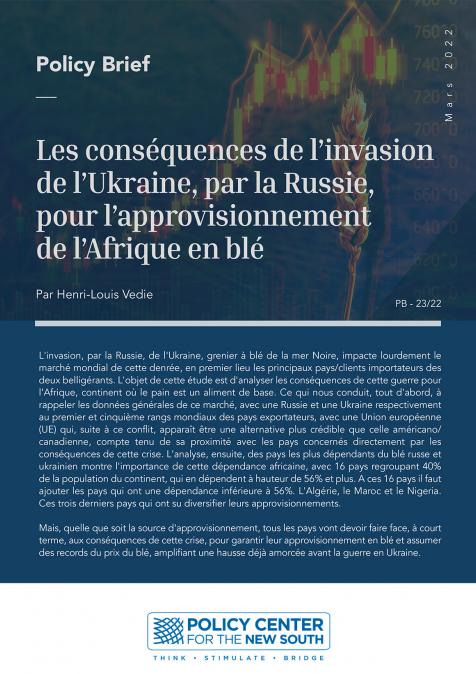African Futures evolved from a conference to a digital platform and fund that helped impact-driven entrepreneurs and secure the funding and partnerships they need to scale their businesses across the continent. African Futures goal is to help turn national level sustainable business success stories into continental successes, and continental successes into global companies. African Futures was able to attract outstanding talent, and make waves in the African entrepreneurship and tech innovation scene. About Jessica: Jessica Berlin is the founder and managing director of CoStruct, a strategy consultancy working at the intersection of business, technology, and economic development. CoStruct consults public, private, and nonprofit organizations on innovation strategy, program design for tech and entrepreneurship initiatives, and market entry in emerging and frontier markets. An international policy expert turned entrepreneur, Jessica's passion for advancing sustainable business and tech solutions stems from her prior work in security, foreign policy, and development aid. She has lived and worked in Afghanistan, China, Germany, Myanmar, Rwanda, the UK, and the US. Her crosscutting experience gives her unique insight into the challenges and opportunities of building international partnerships to address interconnected global challenges. In addition to founding CoStruct, Jessica is co-founder of MakerNet, an international consortium fostering networked local manufacture and digital design; BerLink, a business consortium linking the Berlin tech ecosystem to emerging innovation ecosystems in other countries; and Die Brückenbauer, a nonprofit initiative scaling economic and cultural inclusion programs to underprivileged communities in Germany. She holds an M.Sc. in Political Economy of Emerging Markets from King's College London and a B.A. in International Relations from Tufts University.
MOINS








